'Pure Fiction': Jack Smith Slams Judge Overseeing Trump's Classified Documents Case
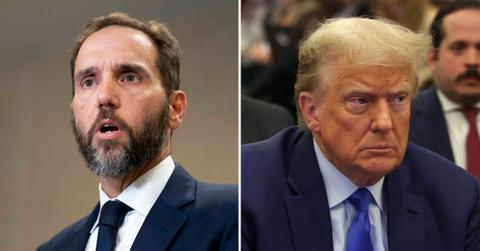
Special Counsel Jack Smith is demanding a gag order on Trump.
April 3 2024, Published 4:00 p.m. ET
In a scathing rebuke to Judge Aileen Cannon, special counsel Jack Smith slammed the "pure fiction" argument that ex-president Donald Trump could claim classified documents as personal records, RadarOnline.com has learned.
Smith responded to Judge Cannon's request to both Trump's legal team and prosecutors to provide jury instructions based on two scenarios, both of which favored the ex-president's claim that he had the authority to possess classified documents at his own discretion.
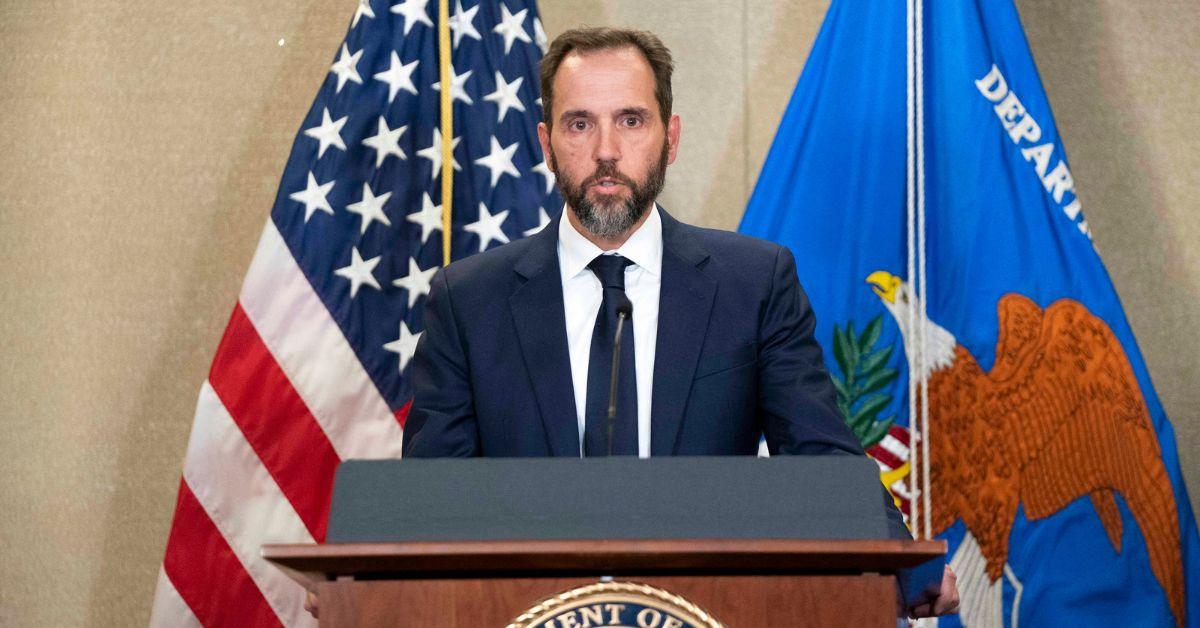
Smith slammed two proposed jury instruction scenarios from Judge Cannon as 'pure fiction.'
The first scenario proposed by Cannon — who was appointed by Trump — asked the jury to decide whether or not classified documents were "personal " or "presidential" based on the Presidential Records Act, which determines how government documents are handled after a president leaves the White House.
In this scenario, prosecutors would be on the hook for proving records belonged to the government, not Trump.
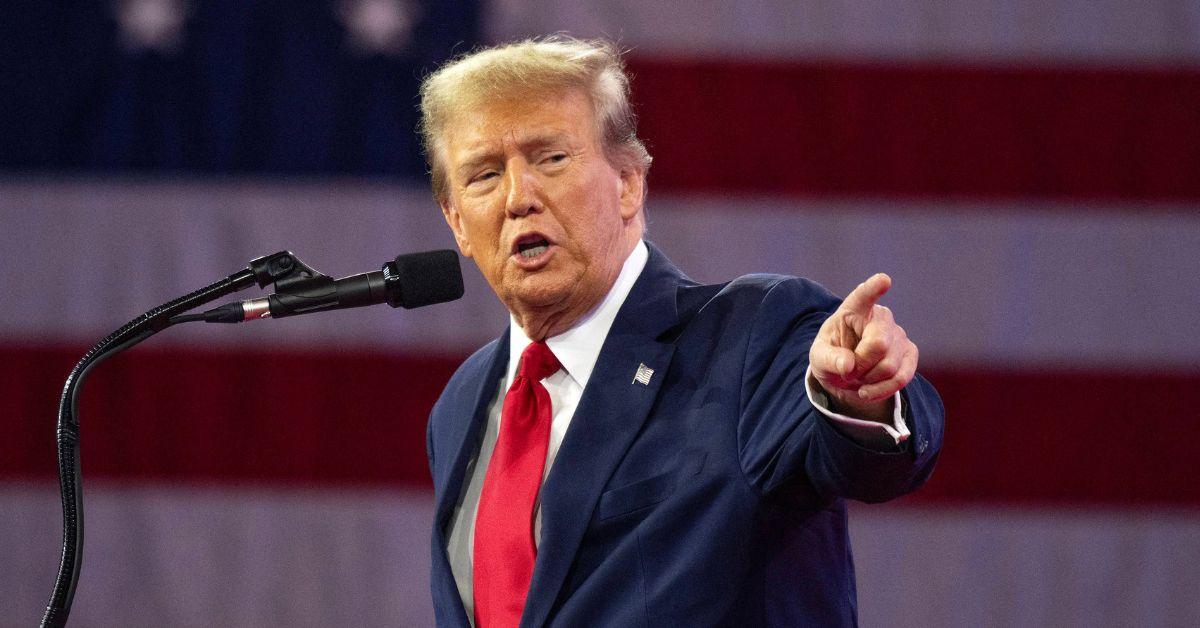
Both scenarios favored Trump's argument that he had the authority to keep classified materials out of office.
Cannon's second scenario would prevent the judge or jury from questioning Trump's argument that the classified materials were personal because of his broad authority as president — and could take whatever documents he wanted from the White House at the end of his term.
Due to the nearly impossible ability to secure a conviction under this scenario, Smith's team vowed to "seek prompt appellate review" if Cannon were to relay this jury instruction.
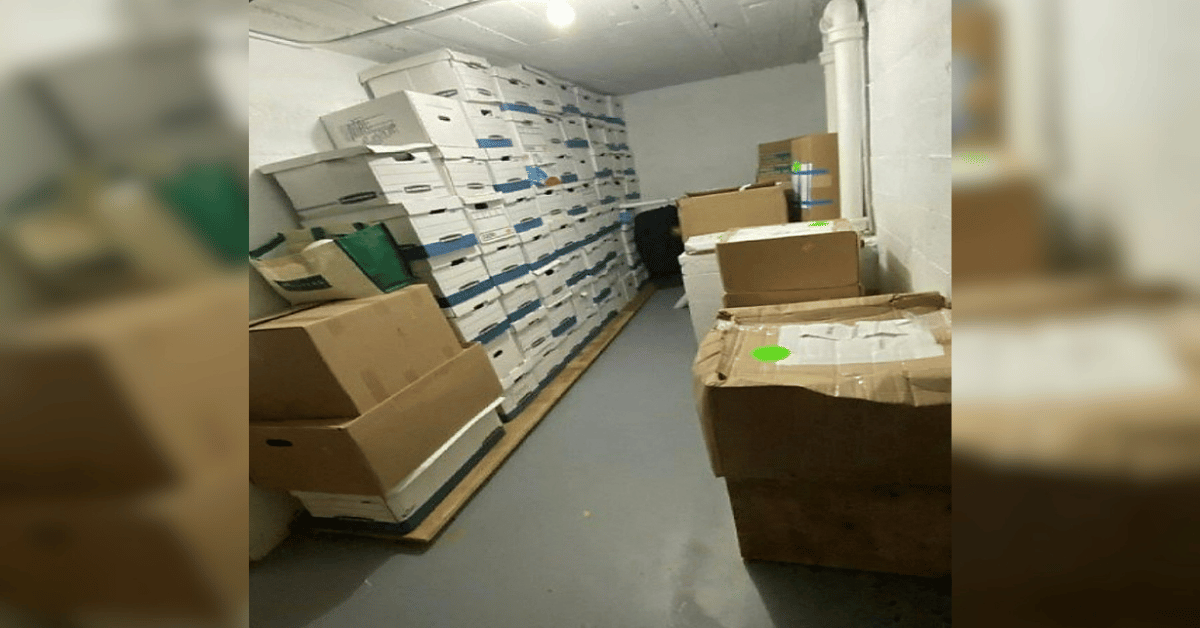
Dozens of boxes of government records were found at Mar-a-Lago after Trump left office.
In his response to both jury instruction scenarios, Smith slammed the notion that Trump had the authority to deem classified documents as his personal property as "pure fiction."
Smith further rebuked Cannon's scenarios as having "no basis in law or fact."
Never miss a story — sign up for the RadarOnline.com newsletter to get your daily dose of dope. Daily. Breaking. Celebrity news. All free.
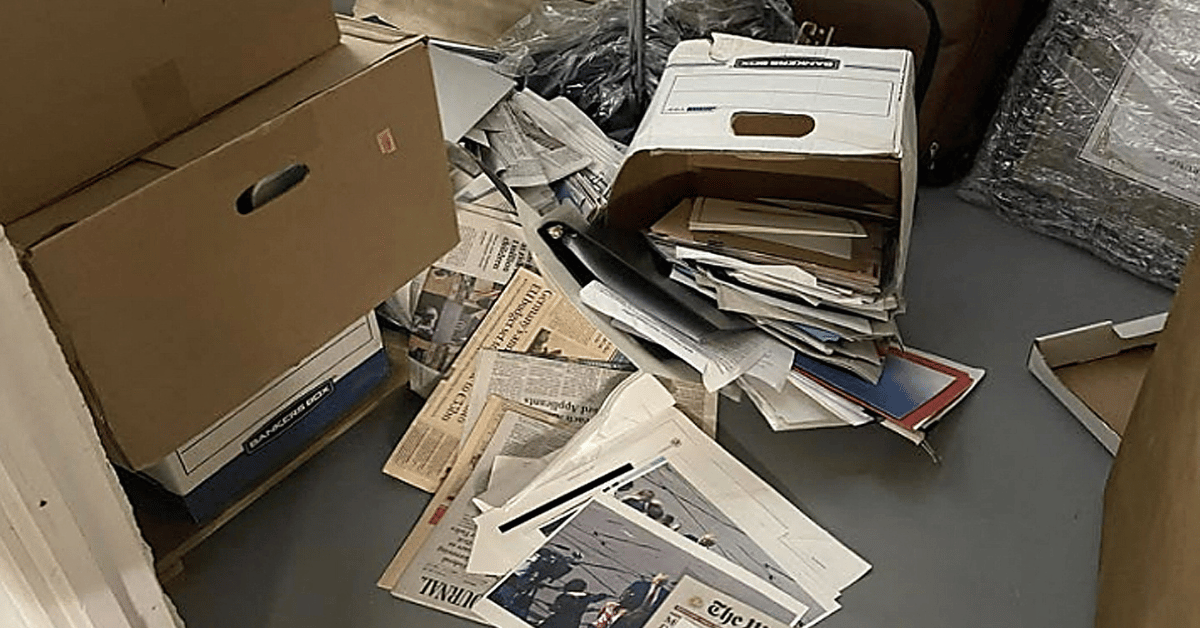
Smith's team said either of Cannon's scenario would 'distort the trial' if presented to the jury.
"Both scenarios rest on an unstated and fundamentally flawed legal premise — namely, that the Presidential Records Act and in particular its distinction between "personal" and "presidential" records, determines whether a former President is "authorized", under the Espionage Act, to possess highly classified documents and store them in an unsecure facility," the special prosecutors team said in a statement to CNN.
Smith's team further claimed if either scenario was presented to a jury, it "would distort the trial."
The special prosecutor's team also claimed the idea that government records could be personal property was invented when dozens of boxes containing missing classified materials were discovered at Trump's private Florida club, Mar-a-Lago.
Of course, Trump's legal team saw no issue with either scenario. The ex-president's lawyers told Cannon that in the case of the first scenario, they would tell the jury that Trump was "authorized" under the Presidential Records Act to "possess a category of documents defined as "personal records", both during and after his term in office."

Never miss a story — sign up for the RadarOnline.com newsletter to get your daily dose of dope. Daily. Breaking. Celebrity news. All free.
As for the second scenario, Trump's team said "there can be no appropriate jury instructions relating to factual issues … because that scenario forecloses prosecution of President Trump."
Powered by RedCircle



